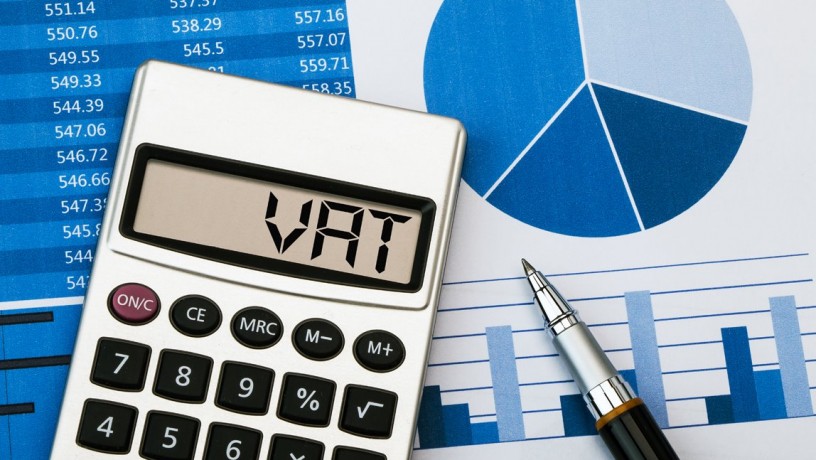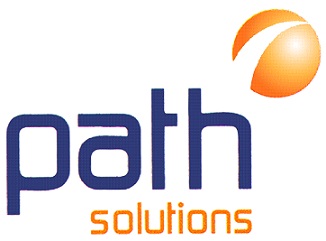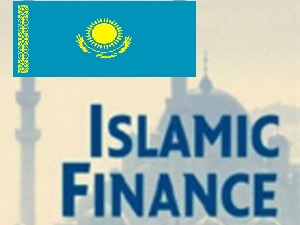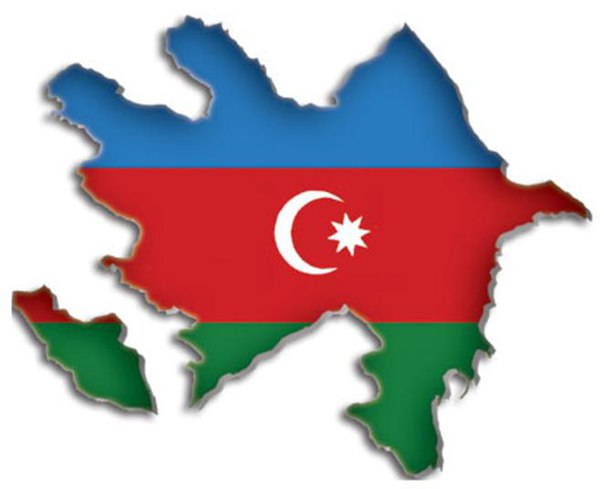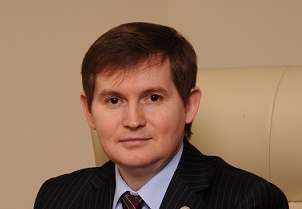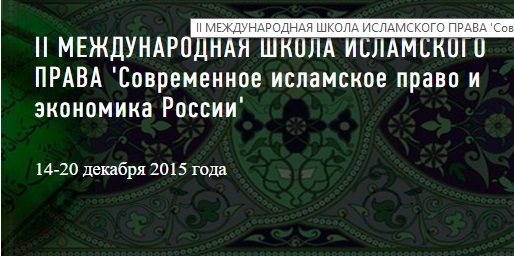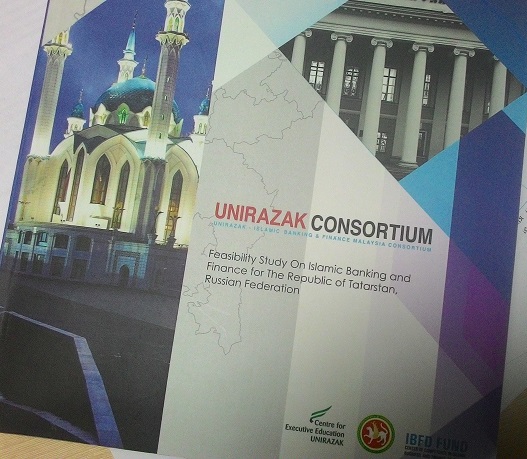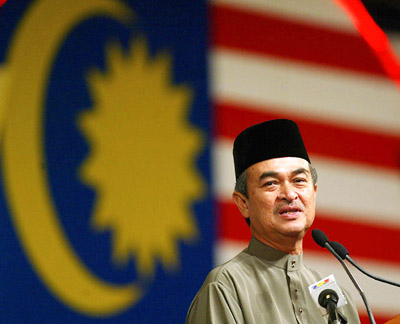Homepage | About us |
Advertise | Partners |
 Contacts | Contacts |
 Русский Русский
|
 |
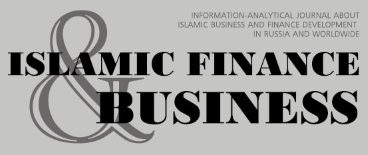 |
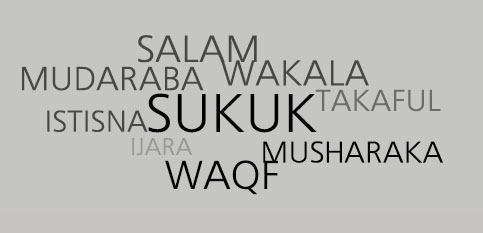 |
Latest News
Recent Comments
|
Islamic banking will be most relevant to SME sector: Zafar Sareshwala22.06.2016Interview with director and head of Islamic Corporation for Development's (ICD) India operations.
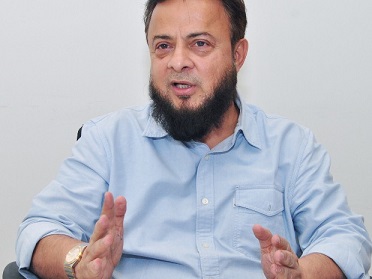
For the first time, the Jeddah-based Islamic Development Bank (IDB) has forayed into a non-member country by announcing setting up of a non-banking financial company (NBFC) in India through its 100% subsidiary Islamic Corporation for the Development of the private sector (ICD). Based on the Islamic principle of not charging interest on loans, ICD will operate through a registered office in Mumbai, with prominent businessman from Gujarat, Zafar Sareshwala, heading its India operations as director. In an interview with Vinay Umarji, Sareshwala talks about how the NBFC will play a catalyst for small businesses by sharing their profits and losses instead of charging interest on finance extended. Excerpts:
What kind of entity is Islamic Development Bank (IDB) setting up in India? How will it function? IDB is a multi-lateral bank like World Bank which does development work in its member nations and has an authorised capital of $150 billion. IDB has not worked in a non-member state before this. During Prime Minister Narendra Modi's recent trip to Saudi Arabia, three developments took place. First, IDB announced donating medical mobile units worth Rs 380 crore. These are full fledged hospital which will be maintained by IDB for five years. These will be used in rural areas, beginning with 30 such units in Gujarat, followed by Bihar and Assam. Secondly, IDB has signed an agreement with Exim Bank for a $100 million line of credit which will result in IDB giving guarantee for Indian exporters in its member states such African or middle Asian Muslim nations. Thirdly, IDB's 100% subsidiary ICD will set up a NBFC in India as per RBI regulations with a paid up capital of Rs 200 crore. And it is an NBFC that it will function where it will engage in regular financing activities to businesses. How does the Islamic or participatory banking work? Under the Islamic or participatory banking, the NBFC of ICD will not charge interest. Rather it will share in the profit and loss of a venture. It is based on Islam's fundamental principle of being part of risk and reward both. The profit or loss sharing is pre-determined before disbursing finance after a thorough due diligence on the prospects of the business. The NBFC will go with a minimum share of 15% but it will vary from industry to industry. We don't want to eat into the entrepreneur's profits. We want to come to him as his catalyst and boost his entrepreneurial spirit. It is a win-win situation for both. Entrepreneur doesn't have to worry about paying interest while the NBFC could end up earning ample profits if the business succeeds which could cover losses elsewhere. How relevant is it to India? I think there is a segment in the industry, particularly the SMEs where it will be very relevant. These would people who have skills like Banaras weavers or carpet and glass manufacturers where artisans are involved. They don't require huge funds. And this is the segment where lot of jobs are created. And they are not serviced (by banks) because these industries do not have access to the banks and our focus would be to service such industries. The credit also goes to Prime Minister Narendra Modi's leadership because this kind of money has not come in from IDB into any non-member nation before. It is being said that your initial operations will be in Gujarat. Why? Gujarat is densely involved in small and medium enterprises (SMEs). Plus, my affinity is with Gujarat. Hence, we will start operations from Gujarat. What kind of businesses are most likely to make avail of the Islamic or participatory banking? Our focus would be manufacturing and engineering exports. This is where a small support is required. We will go with the lowest ticket size. For big people, finance is easily available. We want to get into the small businesses. NPAs are least among small businesses. What is the market for Islamic banking in the country and globally? How much share do you look to tap in this? EY has estimated the global Islamic fund at $1 trillion. We believe there is huge potential for Islamic banking in India. People have a wrong notion that this is only for Muslims but it is not so. Gradually, we should see larger acceptance. What kind of services will the NBFC offer? For now, basic NBFC activities of extending finance will be conducted. However, one area which IDB is looking at in near future is the Waqf fund where Waqf properties worth crores of rupees are lying in dilapidated condition. The problem with the Waqf board and trust which own and run these properties is that they don't have money. You need someone from the outside who can redevelop them. It will create huge potential for such properties such as slum rehabilitation under Waqf. The Waqf fund is worth billions of dollars and we have identified few properties which can be redeveloped initially. When and where will the next unit come up? What are your future expansion plans? We will have a registered office in Mumbai and we will work across the country. But Gujarat would be one of the important target markets for us. We have not set any targets for future expansion. RBI on Islamic banking A panel on financial inclusion headed by RBI executive director Deepak Mohanty came up with recommendations on interest free banking in December 2015. It had recommended that commercial banks in India may be enabled to open specialised interest-free windows with simple products like demand deposits, agency and participation securities on their liability side. The commercial banks may be allowed and to offer products based on cost-plus financing and deferred payment, deferred delivery contracts on the asset side. In the event that interest-free banking is allowed in India, the regulatory guidelines for capital and liquidity applicable for commercial banking would have to be made applicable to those (interest-free banking) as well. Sourse: Business Standard Latest News |
Editor's ColumnAnalytics
News in RSS format |
| © IBFD Fund, 2009-2026. Developed by Linova-MEDIA. Хостинг от uCoz. Design by WebRT |

